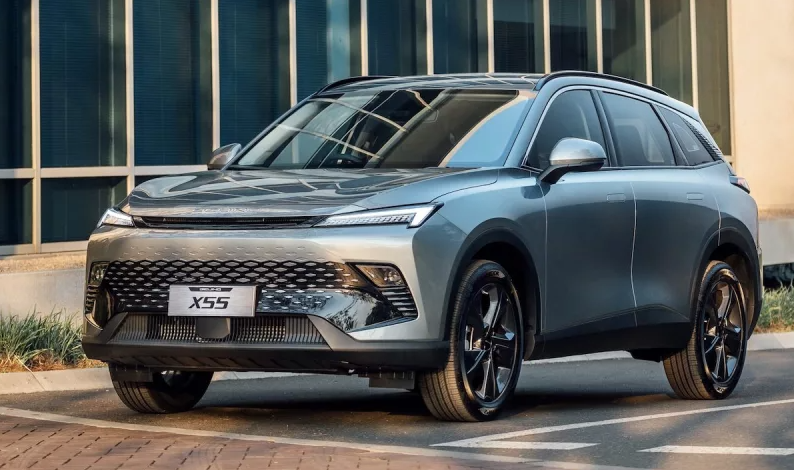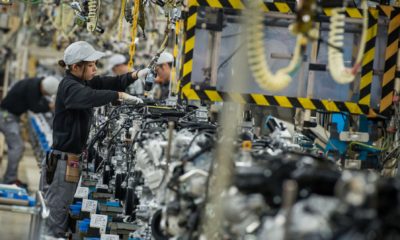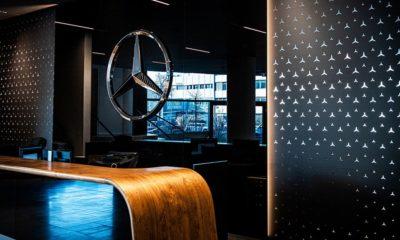Business
Chinese Carmaker BAIC Eyes Bigger Role in South Africa’s Auto Industry Despite Slow Start

Chinese automaker BAIC is planning to ramp up production at its South African plant in Gqeberha, aiming for a fresh start after years of underperformance.
The Beijing-based company first entered the South African market in 2016 through a joint venture with the Industrial Development Corporation (IDC), holding a 65% stake. Their R11 billion plant at the Coega Special Economic Zone was launched with much fanfare in 2018, attended by both President Cyril Ramaphosa and Chinese President Xi Jinping. At the time, it was hailed as one of China’s most ambitious investments in Africa.
However, the excitement faded quickly. In the six years following the launch, the plant reportedly produced only around 300 vehicles — a far cry from its target of 40,000 to 50,000 units annually. By contrast, Ford’s Silverton plant in Pretoria rolls out over 700 vehicles every single day.
BAIC attributed its sluggish start to several hurdles, including labour disputes, pandemic-related disruptions, and unreliable suppliers. The company also pointed out that South Africa’s relatively small automotive market made it hard to fully scale production.
Adding to the challenges, BAIC’s South African operations didn’t benefit from government subsidies under the Automotive Production and Development Programme (APDP), which offers incentives to qualifying manufacturers.
Early models like the D20 and X25 were phased out, but the introduction of the X55 marked a turning point. The car gained popularity and even snagged several local awards, signaling that the brand may finally be gaining traction.
A Renewed Commitment
Despite the rocky start, BAIC hasn’t given up. In fact, things appear to be turning around. Following diplomatic meetings and improved trade conditions, BAIC now says it plans to expand its South African plant.
In April, Chinese ambassador Wu Peng visited the company’s Beijing headquarters. He confirmed that BAIC’s leadership is committed to expanding production in Gqeberha, even in the face of global trade pressures, including high US tariffs on Chinese goods.
The announcement came just weeks before South African Minister Maropene Ramokgopa visited the factory as part of the government’s District Development Model initiative. Her discussions with BAIC officials focused on boosting local economic development and supporting much-needed job creation.
Why This Matters
While BAIC still trails behind popular Chinese competitors like GWM, Haval, and Chery in South Africa, the brand is making headway. According to Standard Bank, the number of vehicle financing deals involving Chinese brands rose from 6% in 2022 to 7.4% in 2024 — an encouraging sign for the broader Chinese car market in the country.
With South African consumers feeling the pinch from rising living costs and high interest rates, more buyers are turning to value-for-money alternatives. Chinese brands, known for offering high-tech features at competitive prices, are fast becoming a go-to option for middle-income car buyers.
If BAIC follows through on its promise to expand operations, it could inject new life into South Africa’s automotive sector. The move also strengthens trade ties between South Africa and China, bringing potential for increased employment and industrial growth in the Eastern Cape.
As the country continues to seek new investments and manufacturing momentum, BAIC’s renewed commitment could signal a major shift in South Africa’s car production landscape.
{Source: BusinessTech}
Follow Joburg ETC on Facebook, Twitter , TikTok and Instagram
For more News in Johannesburg, visit joburgetc.com





















